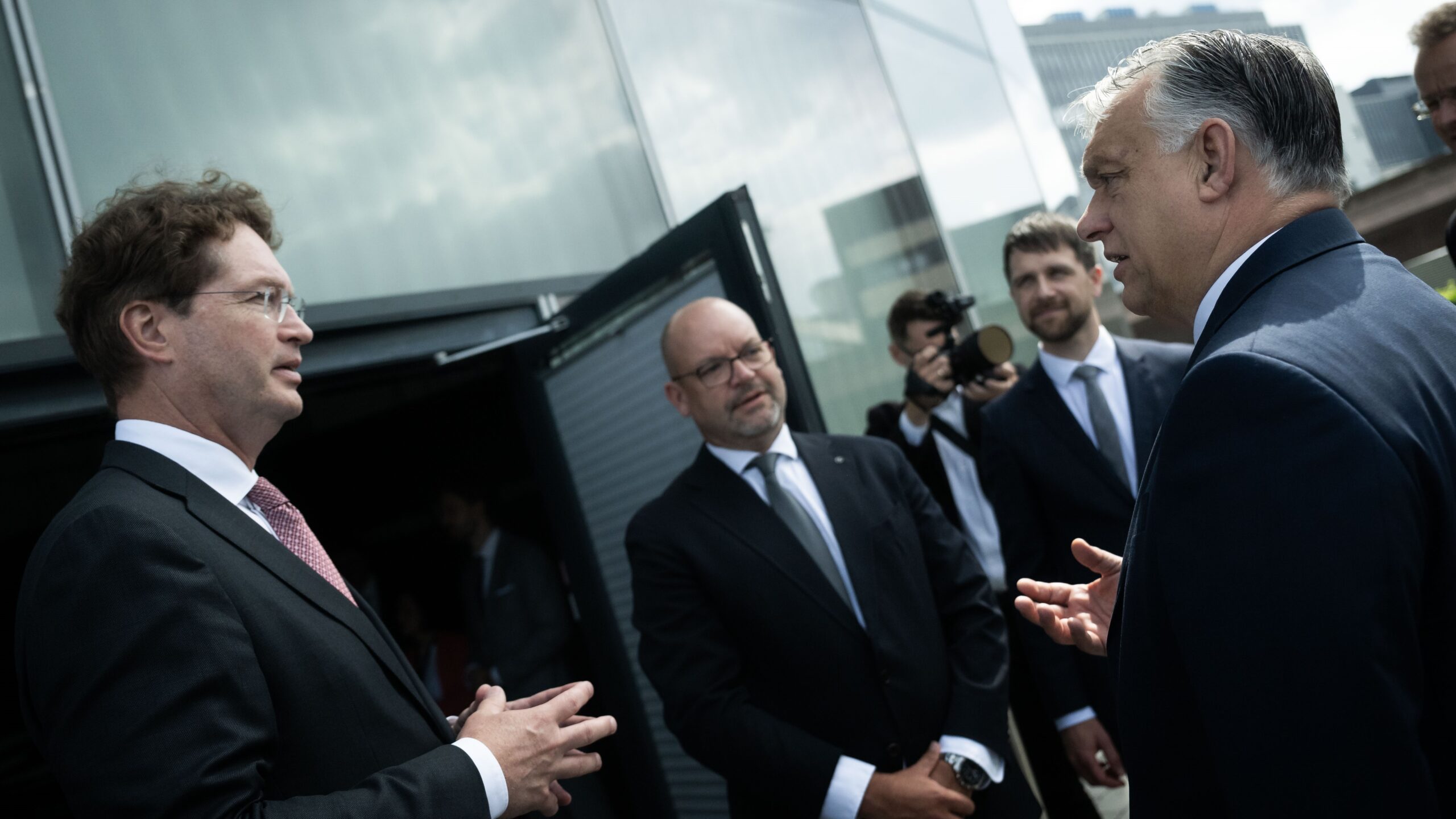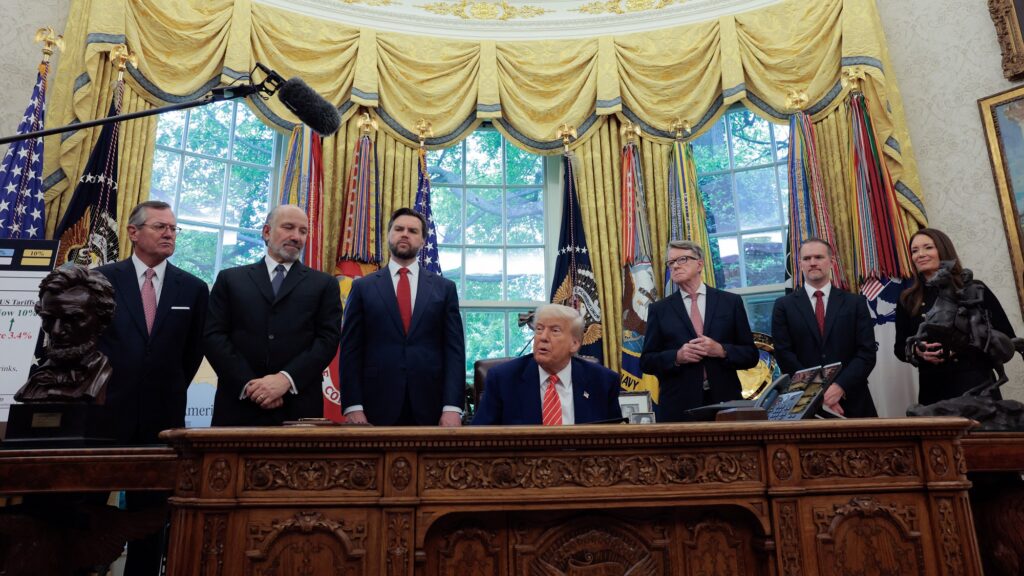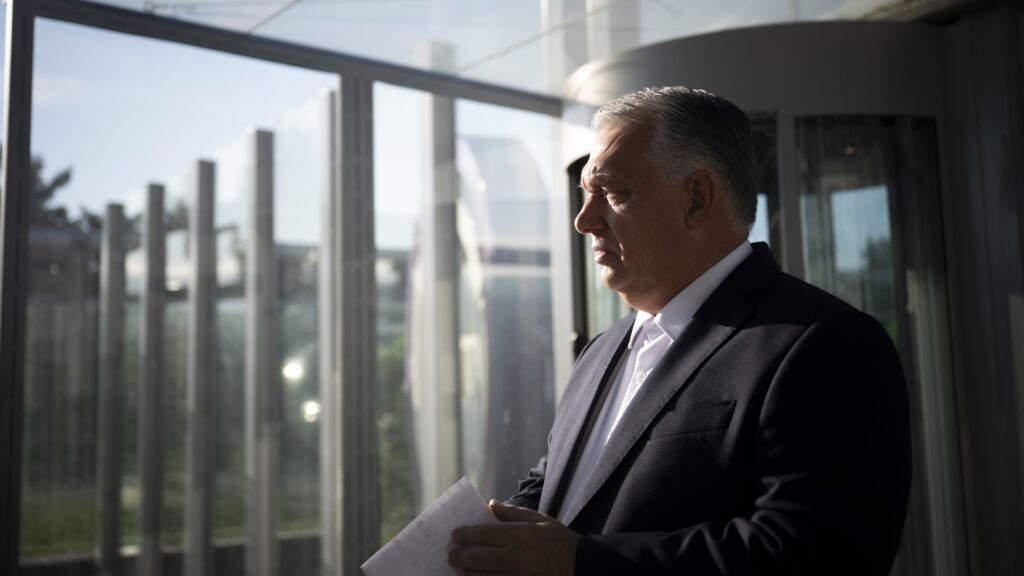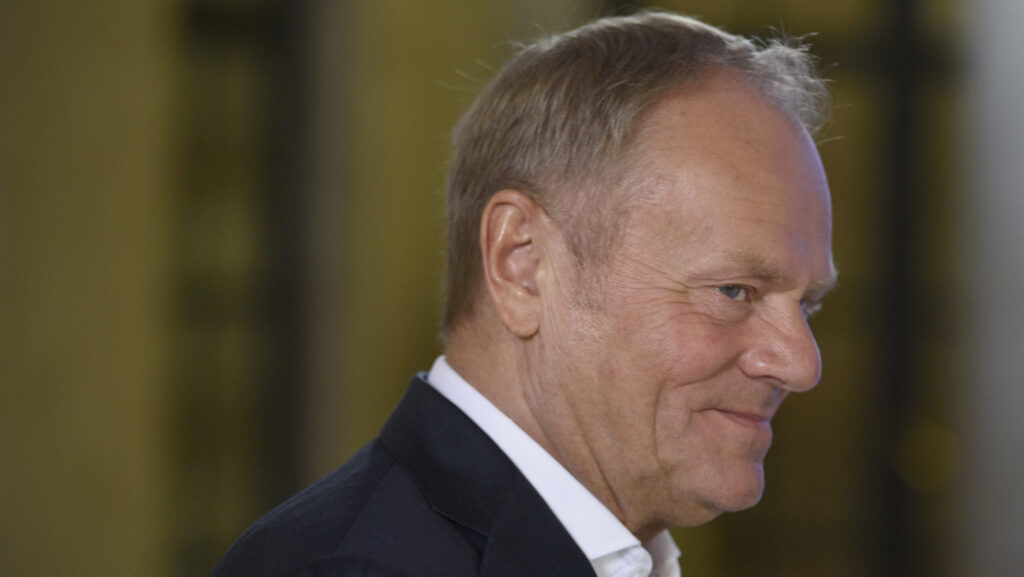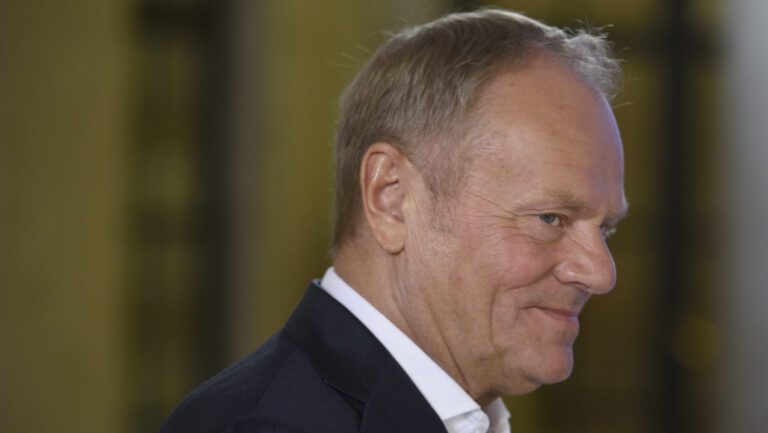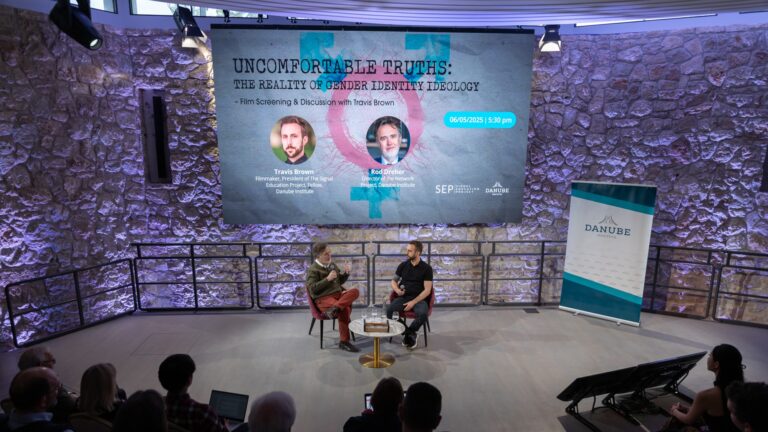Hungarian Prime Minister Viktor Orbán may assume a significant role in the near future—at least according to an opinion piece published in the German newspaper Die Zeit. The author, Zacharias Zacharakis explores the potential dynamics of US–EU relations during Donald Trump’s second presidency and suggests that Orbán could serve as the EU’s representative in trade negotiations with Washington.
The piece opens by proposing that, as during Trump’s first term, a tough trade war between the EU and the US appears likely. ‘The EU should strive for a major agreement with the US and try to avoid a potential trade conflict,’ the article quotes Ola Källenius, CEO of Mercedes-Benz, as saying.
‘Any tariffs would have immediate and significant financial consequences for the European car industry, which employs a total of 13 million people in the EU and accounts for seven percent of economic output. There is therefore a great urgency, he added at a press conference, to open up a space for negotiations with the new US administration.’
The concern is not unfounded. Trump has a well-known love for tariffs, and his campaign frequently mentioned the possibility of punitive tariffs against Canada, Mexico, and China. ‘What seems arbitrary in view of the declarations of love also has strategic reasons: the USA imports more than it exports. The US president wants to reverse this deficit and bring industry back to America,’ the article states.
‘The USA imports more than it exports. The US president wants to reverse this deficit and bring industry back to America’
The author highlights that Germany could find itself at the centre of potential tariffs against the EU. US–German trade is characterized by a significant deficit for the United States, as it imports far more from Germany than it exports.
In anticipation of potential trade tensions, the EU is reportedly developing a strategy to prepare for a possible trade war with the US. The article references a notable precedent from 2018, when European Commission President Jean-Claude Juncker met with Trump and successfully persuaded him not to impose tariffs on the EU car industry. ‘Juncker also relied on a credible horror scenario: the Europeans threatened Trump with levying high digital taxes on US tech companies such as Google, Meta, and Amazon, and subjecting them to additional regulation. This apparently convinced Trump,’ the article notes.
But how does Viktor Orbán come into the picture? Austrian economist and free trade expert Gabriel Felbermayr argues that the EU should appoint the Hungarian prime minister to lead trade negotiations with Trump. This suggestion is logical for several reasons: Orbán enjoys a notably good relationship with the US president. In 2016, he was the first—and only—EU leader to endorse Trump. He was also the first EU leader to meet with Trump following his re-election in November 2024. Former US Ambassador to Hungary David Pressman even stated in an interview with The New York Times that Trump holds great sympathy for Orbán and his government.
Additionally, Hungary is heavily reliant on its automotive industry. ‘Viktor Orbán, with his large automobile industry in Hungary, would be one of the big losers in a transatlantic trade war. Therefore, the prime minister has his own interests on this issue, which, unlike in many other cases, could align with the broader priorities of the EU,’ the article concludes.
Related articles:

